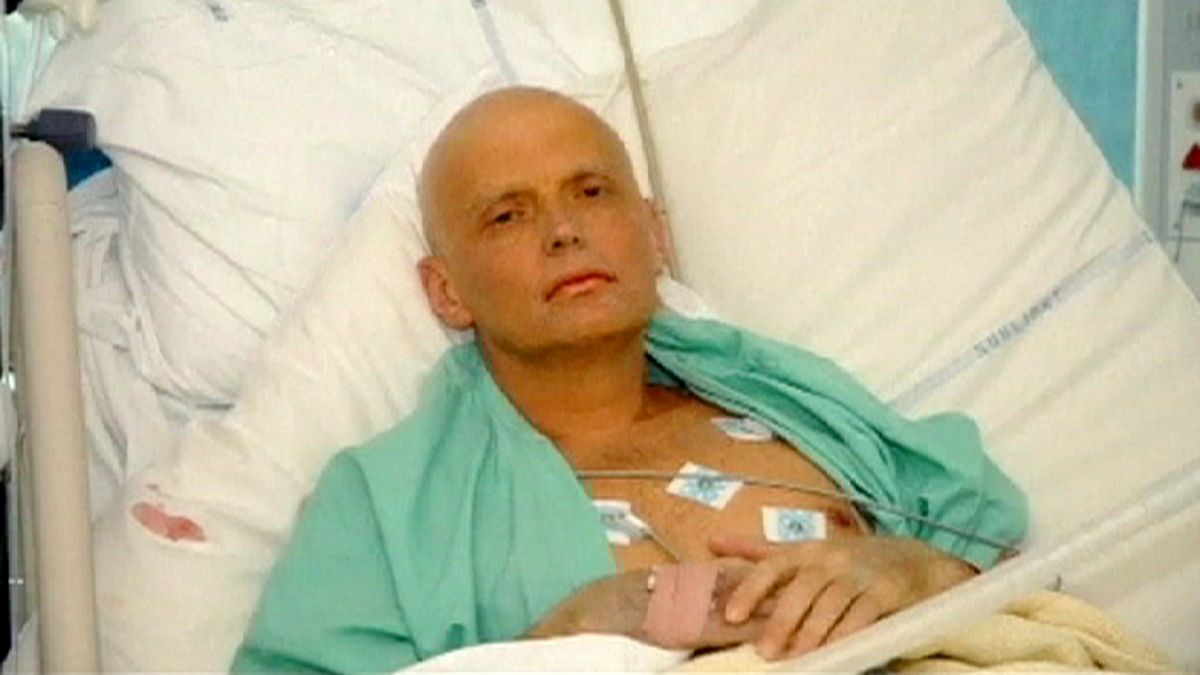A UK inquiry has been told that the Russian state must have been involved in the fatal poisoning of Kremlin critic Alexander Litvinenko in London in
A UK inquiry has been told that the Russian state must have been involved in the fatal poisoning of Kremlin critic Alexander Litvinenko in London in 2006.
The barrister for the city’s police also said the use of radioactive
polonium might have put Londoners’ lives at risk.
“Those who planned Litvinenko’s murder did not want the cause of his death to be discovered,” Richard Horwell QC said in his closing remarks to the hearing in the British capital.
“The evidence suggests that the only credible explanation is that, in one form or another, the Russian state was involved in Litvinenko’s murder.”
The ex-KGB agent died weeks after drinking green tea laced with polonium-210 at London’s plush Millennium hotel.
The controversy surrounding his death plunged Britain’s relations with Russia to a post-Cold War low.
The Kremlin, accused by Litvinenko himself from his deathbed, has always denied any role in the killing.
Britain has accused Russians Andrei Lugovoy, also a former KGB agent and now a member of the Russian parliament, and Dmitry Kovtun of actually carrying out the poisoning.
They too deny any involvement and Russia has refused to extradite them.
Kovtun was expected to give evidence to the hearing from Russia via video-link but failed to do so.
Prime suspect in the Alexander Litvinenko inquiry accused of 'manipulation' http://t.co/2vrmisg0T9pic.twitter.com/peMjUJXRoq
— The Independent (@Independent) 27 Juillet 2015
Neither man had any personal motive and were “common murderers”, Horwell told the hearing.
But, he said, the Russian state might want Litvinenko dead for many reasons such as his defecting to Britain where he was granted citizenship shortly before his death, his accusations about Kremlin corruption, his sympathy for Chechen separatists and his “explosive” claim that Putin was a paedophile – made in an online article in 2006.
“There can be no doubt that the Russian state had reasons aplenty for wishing Litvinenko not only harm but death,” he added.
Earlier, he said the use of the rare polonium, 97 percent of the world’s supply of which was produced at a Russian nuclear site, might have put Londoners’ lives at risk.
“We will never know how dangerous the exposure of polonium to the public at large will be and what long term effects will be visited upon Londoners”, he said.
The inquiry’s report is due by the end of the year.


